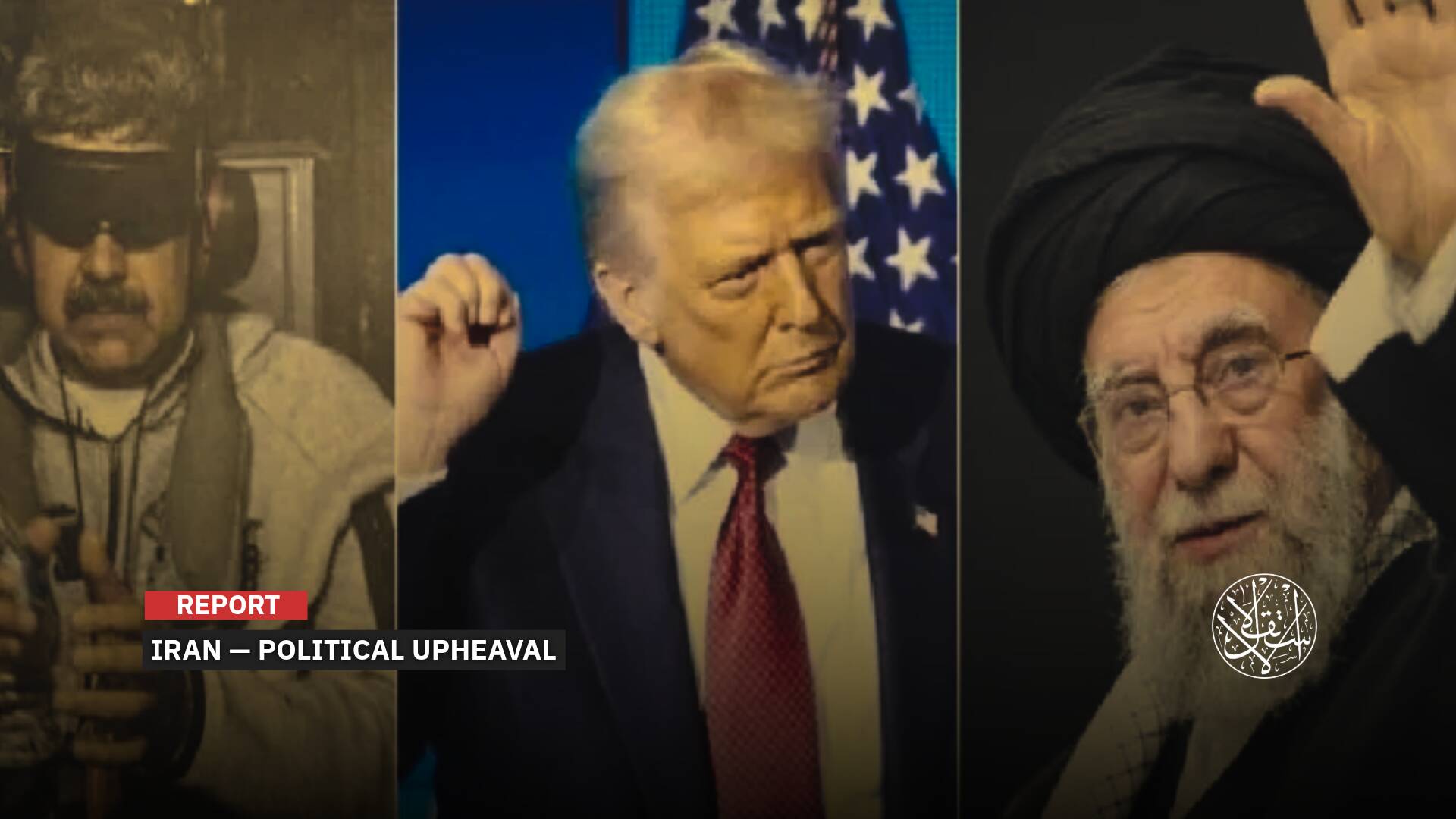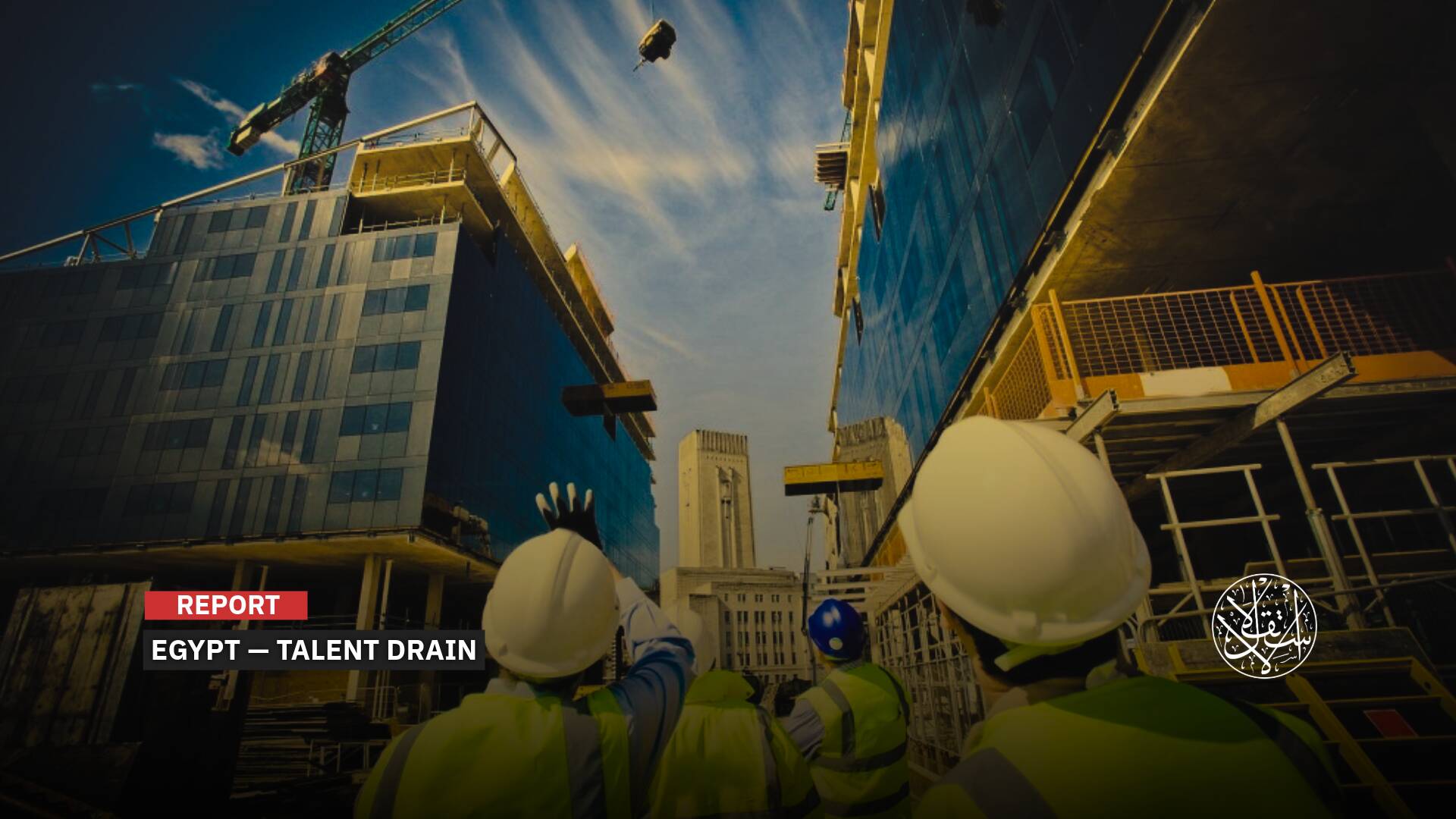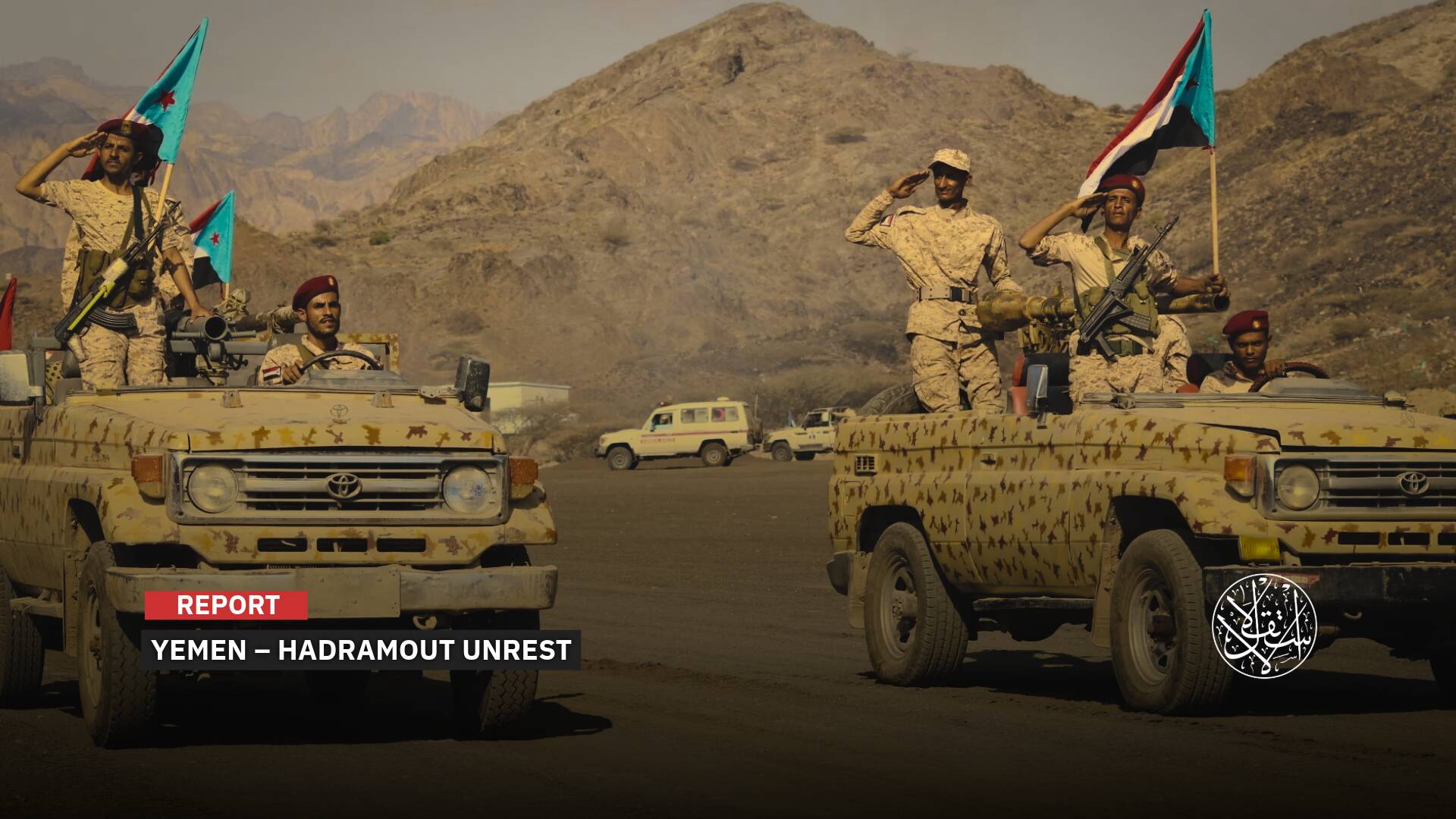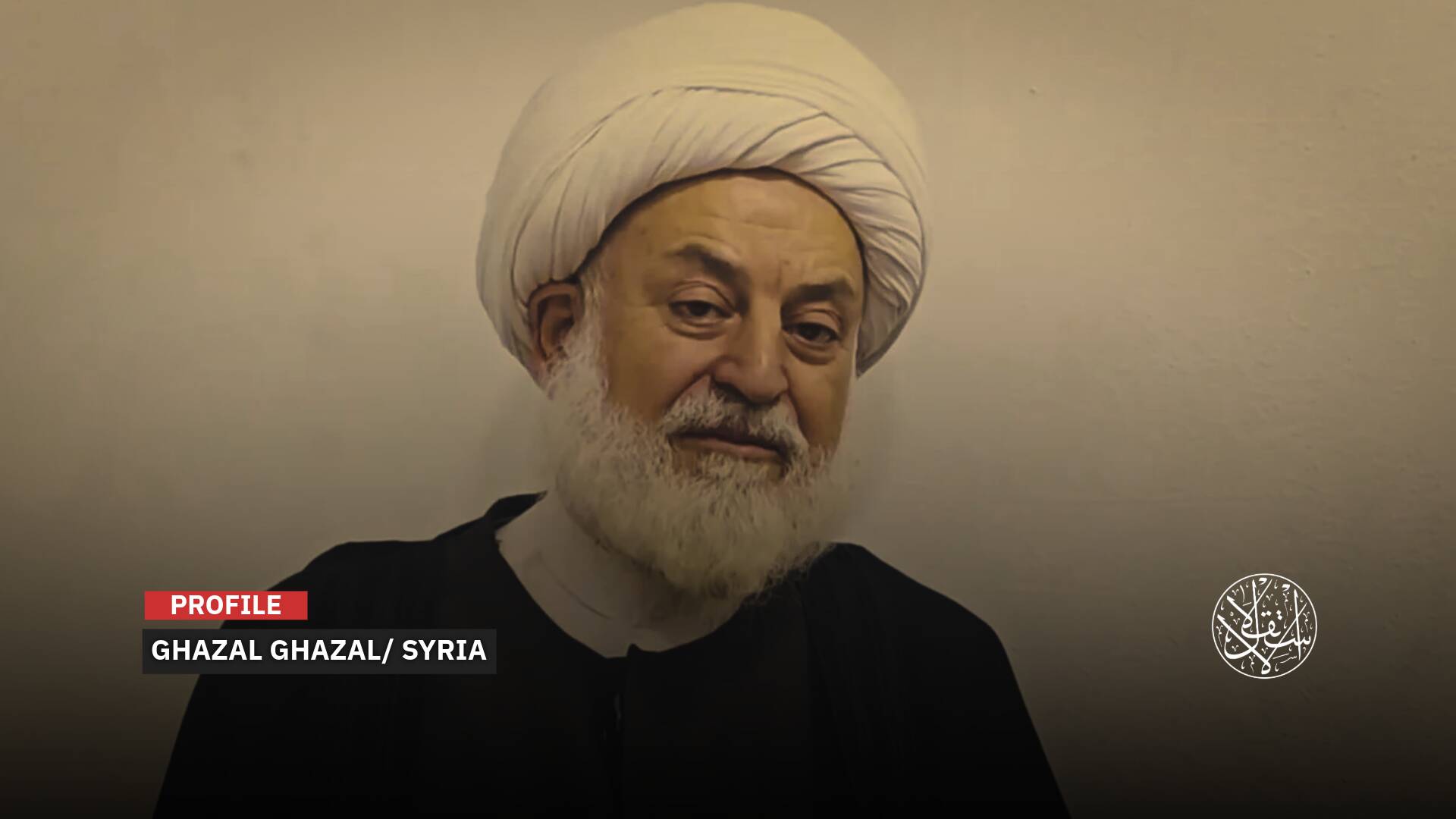A New Phase: Why Is China-Africa Cooperation Forum Alarming the U.S. and Europe?

FOCAC was held under "Joining Hands to Advance Modernization and Build a Community with a Shared Future."
China is preparing to launch a new phase of its partnership with the African continent, strengthening cooperation, particularly in economic relations and political positions, through the Forum on China-Africa Cooperation held on September 4-6.
President Xi Jinping attended the opening ceremony of the 2024 Forum on China-Africa Cooperation (FOCAC) summit on September 5 in Beijing and delivered a keynote speech.
During the summit, Xi hosted a welcome banquet and bilateral events with leaders of African countries that are members of the forum, according to China's Xinhua News Agency on August 24, 2024.
Xi will also host representatives from African regional organizations and relevant international organizations invited to the summit.

A Shared Destiny
The summit was held from September 4 to 6 under the theme “Joining Hands to Advance Modernization and Build a Community with a Shared Future Between China and Africa.”
Chinese Foreign Ministry spokesperson Hua Chunying noted that this event follows previous FOCAC summits held in Beijing in 2006, Johannesburg in 2015, and Beijing in 2018.
Before its launch, she added that several African leaders, along with the Chairperson of the African Union Commission, led delegations to the summit.
She also pointed out that United Nations Secretary-General Antonio Guterres will be a special guest at the summit, with relevant international and regional organizations participating as observers.
The same source highlighted that two final documents will be adopted at the summit: one a declaration, the other a plan of action, aimed at building significant consensus between the two sides and charting a course for high-quality China-Africa cooperation over the next three years.
In this regard, Mohamed Khalil, President of the Morocco-China Friendship Exchange Association, said that since the establishment of the Forum on China-Africa Cooperation in 2000, both sides have sought to strengthen their traditional friendship by creating areas of mutual cooperation for shared development and mutual benefit.
Khalil told Al-Estiklal that the upcoming forum in Beijing is taking place amidst highly turbulent global circumstances, including the Russia-Ukraine war and the Israeli war on Gaza, which threatens to escalate into a broader conflict in the Middle East.
"We are witnessing many African countries facing instability, such as Sudan and others that have experienced military coups and rebellions against the West, accused of exploiting Africa's resources," he said.
Khalil believes that China presents itself as an alternative focused on building rather than destruction, and on shared development under the win-win principle.
He emphasized the strong historical ties between China and Africa, noting that China played a significant role in helping African nations gain independence from colonialism.
Beijing continues to place great importance on China-Africa relations, "and the proof is that for the past 34 years, it has upheld a unique diplomatic tradition, with its foreign ministers choosing Africa as their first stop for their annual foreign visits," he added.
“What further strengthens this interest is that China is now Africa’s largest trading partner and has implemented numerous projects in recent years across several African countries, including infrastructure such as railways, ports, and airports, as well as mineral exploration.”
Khalil stated that according to the China-Africa Trade Index, first released in 2023, the value of China's imports and exports to Africa increased from less than 100 billion yuan (about 14 billion U.S. dollars) in 2000 to 1.88 trillion yuan (about 263 billion U.S. dollars) in 2022, a cumulative increase of about 20 times.
“In 2023, trade between China and the African continent reached a record high of 282.1 billion U.S. dollars, marking an annual increase of 1.5%,” Khalil concluded.

Strategic Cooperation
African affairs specialist Mohamed Abdel Karim Ahmed believes that Chinese media has recently been active in promoting the upcoming China-Africa Cooperation Forum summit in Beijing.
In an opinion piece published on Qiraat African (African Readings) on August 20, 2024, Ahmed noted that this media coverage focuses on highlighting China's contributions to supporting African economies in recent years and presenting a rosy picture of the future of this support, despite its noticeable decline in recent years.
“This perhaps indicates a Chinese public relations campaign in Africa ahead of the summit, while ignoring discussions about the details of the agenda, its realism, and its actual impact on Africa,” he said.
Ahmed, a research coordinator at the Africa Unit of the Futuristic Studies Institute in Beirut, emphasized that “what’s more important is that China enjoys a global reputation for successfully implementing economic reforms.”
He mentioned that “it is crucial to study the pathways of China’s deep economic reforms to contribute seriously to achieving the long-term goal of economic recovery, sustainability, and improved living standards for many African citizens.”
China sees South-South cooperation as a shield against the West's aggressive strategies, and shared interests call for deeper and more advanced collaboration between both sides, he concluded.
Meanwhile, Lucas Engel, a data analyst for the Global China Initiative at the Boston University Global Development Policy Center in the United States, said while the volume of lending from China to Africa has decreased in the last few years, it has overall added to the vast amount of cumulative Chinese financing for development projects in Africa over the years.
Speaking at an online seminar ahead of the FOCAC summit scheduled in Beijing in September, Engel said that since the establishment of FOCAC, the Export-Import Bank of China and the China Development Bank have made great loan commitments to Africa, with the majority directed toward vital infrastructure projects in energy, transport, and information and communications technology sectors.
He pointed out how over the years, areas such as infrastructure, agriculture, energy transition, trade, and economic integration have become prominent areas of engagement. He also believes that the upcoming FOCAC meeting will further reveal the extent of shifts in China's contributions to Africa's development, according to Daily China

Western Concerns
Amidst this, American and European anxiety over China's increasing activity in Africa continues to rise.
Ahmed Abdellah Faris, Secretary-General of the African and Arab Affairs Association at the Egyptian Journalists Syndicate, noted that as the FOCAC summit in Beijing approached, tension and concern grew among American and European politicians.
In an article published on the Chinese Website, CGTN, on August 25, 2024, Faris remarked that this reflects the spread of toxic news aimed at sabotaging the summit before it even began, especially given Africa's strong lean towards China.
According to Faris, accusations have been mounting from Western and American research centers and their aligned media outlets, alleging that China is trying to dominate Africa and trap it in a debt crisis to exploit it and violate its sovereignty.
In this context, Cointribune reported that China not only provides loans to African countries to build projects but also imposes control over them if they fail to repay their debts.
The French website, in a previous report, mentioned Sri Lanka as an example, which was forced to hand over the Hambantota port to China after failing to repay its debts.
China is also accused of excessively exploiting Africa’s natural resources for its own benefit, leaving African nations dependent on Chinese investments without achieving real sustainable development, according to the same source.
Returning to Faris’s article, China’s orientation towards Africa is not new. Since the start of its reform and opening-up policies 45 years ago, China has invested in infrastructure and social sectors like education and health.
The author said that since 2013, after President Xi Jinping took power, Africa has become a key focus of his foreign policy. Xi strengthened relations with the continent through his ideas and initiatives, starting with the Belt and Road, global security, the shared community, and other successful and mutually beneficial projects.
Faris argued that the "debt trap" narrative promoted by America and Europe is real but created by the United States and its allies.
The main lender to African countries is the IMF, the U.S., European countries, and European lenders, accounting for 66% of the debt, not China, which holds only 11%.
African countries pay 30% of their total debt service payments, including interest and principal, to European lenders, he added.
These countries often avoid easing debt burdens under the pretext that the common European policies of the Paris Club do not align with Africa.
Thus, efforts to relieve African debt have turned into a political game, tied to conditions and demands imposed on African governments.
In contrast, China provides funding without any political conditions, which is why it enjoys widespread acceptance across Africa, according to Faris.
The West fears China will play a pivotal role in transforming African countries into productive nations, leveraging China's industrial progress by utilizing Africa’s resources, he concluded.
Sources
- Xi to attend opening ceremony of 2024 FOCAC summit [Arabic]
- Thanks to FOCAC, China is playing a major role in driving Africa’s transition to renewable energy
- Reasons for American and Western concern about the China-Africa summit? [Africa]
- China funding aids Africa development
- Eye on Africa (August 15-18, 2024) - Forum on China-Africa Cooperation: A Public Relations Campaign [Arabic]
- China is completely plundering Africa [French]
- Joining Hands to Advance Modernization and Build a Community with a Shared Future









